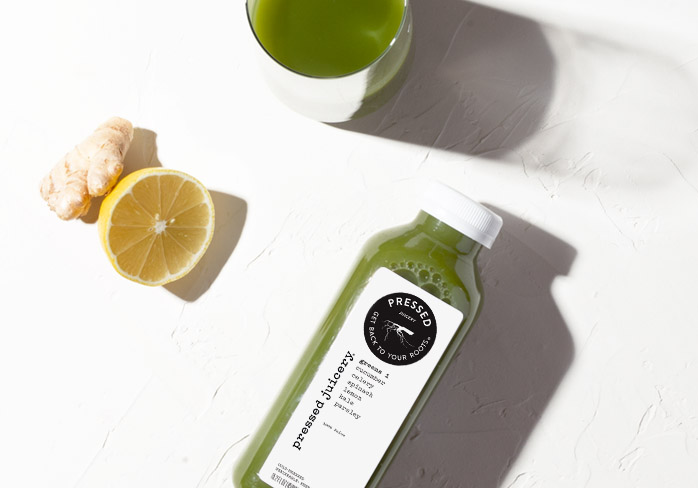The popularity of juice cleanses has noticeably surged over the years. People are increasingly drawn to the promise of quick weight loss, the idea of flushing out toxins, and the opportunity to reset their dietary habits. However, the big question remains: do juice cleanses really help you lose weight? We’re going to delve into this topic, dissecting the pros and cons and the science behind it all.

The Juice Cleanse Journey: What Does It Entail?
A juice cleanse, often referred to as juicing, is a form of diet where one primarily consumes juices made from fruits and vegetables. The duration of a cleanse can vary from a single day to several weeks, depending on the individual’s goals. During this period, solid foods are typically avoided, and the person relies solely on the nutrient-packed juices.
Many people embark on this journey intending to detoxify their bodies, support digestion, or kickstart weight loss. However, it’s essential to understand that this practice, while seemingly straightforward, comes with its own set of complexities.
Understanding Your Body’s Need: The Essential Nutrients
Your body needs a balanced diet to function well. This includes proteins, fats, fiber, and carbohydrates. Unfortunately, when you consume only juices, you’re missing out on many of these essential nutrients.
Fruits and vegetables, while rich in phytonutrients, are often high in sugar. Consuming excess sugar, even if naturally occurring, can be challenging for your body to metabolize and may end up being stored as fat.
Dr. Dana Hunnes, a senior dietitian at Ronald Reagan UCLA Medical Center, says, “Juicing may be effective for a quick loss of water weight, or bloat. But you’ll likely also lose muscle, which is the powerhouse calorie-burner of the body.”
The Catch: Is The Weight Loss Sustainable?
While it’s true that you might see a rapid drop in weight during a juice cleanse, this is primarily due to water loss and a caloric deficit. The weight loss is temporary and is likely to come back once you resume your normal diet.
Moreover, a juice cleanse can slow your metabolism, which may contribute to weight gain when you return to your regular diet. While a juice cleanse may help you kick off a weight loss plan, you need to make long-term changes to your lifestyle in order to keep the weight off.
Juice Cleanses and Detoxification: The Real Deal
The idea of detoxification has been a leading marketing claim made by companies promoting juice cleanses. However, the concept of ‘detoxifying’ through a juice cleanse is more of a myth than a reality.
Contrary to popular belief, juice cleanses can actually load your body with sugar, which is anything but detoxifying. Moreover, the absence of fiber in the juices can lead to a spike in your blood sugar levels, causing a burst of energy followed by a sudden drop, leaving you feeling even more tired.
The Ideal Approach: Balancing Juice with Solid Foods
If you’re keen on exploring the potential benefits of juicing, moderation is key. Rather than completely replacing your meals with juices, consider incorporating fresh-pressed juices into your whole foods diet.
Pick juices that are primarily vegetable-based with very little fruit to keep the sugar content low. Pair these juices with a balanced diet of whole foods and lean proteins. Avoid processed foods with high salt and added sugars.

What You Can Do: Ways to Maximize Weight Loss
If you’re considering a juice cleanse as a means to lose weight, here are some tips to maximize your results:
- Drink Cold-pressed Juices: Cold-pressed juices retain the nutrients from fruits and vegetables better than those made using sharp blades.
- Choose Certified Organic Juices: Organic juices are free from harmful chemicals and pesticides, making them a healthier choice.
- Stay Hydrated: Drink plenty of water alongside your juices to suppress food cravings and flush out toxins.
- Rest More, Exercise Less: During a juice cleanse, your body is operating on fewer calories. Therefore, it’s better to engage in low to moderate intensity activities rather than strenuous exercises.
Summing Up: The Verdict on Juice Cleanses
Juice cleanses can indeed lead to weight loss, primarily due to the caloric deficit and loss of water weight. However, this weight loss is typically temporary. For long-term and sustainable weight loss, adopting a healthy lifestyle with regular exercise and a balanced diet rich in whole foods is the way to go.
Remember, juice cleanses are not a miracle weight loss solution. They should be approached responsibly, with a clear understanding of the body’s needs and the potential impacts. Always consult a healthcare expert before embarking on a juice cleanse, especially if you have pre-existing medical conditions or food sensitivities.
The journey to a healthier you is a marathon, not a sprint. So take it slow, make mindful choices, and listen to your body’s signals.
